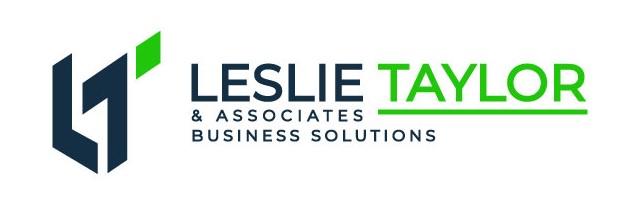As a small business, the drive to provide excellent service and products is both admirable and necessary. Quality influences your brand and directly impacts future sales. However, this pursuit can morph into a double-edged sword when it veers into perfectionism. While certain industries must adhere to stringent standards and zero margin for error, most businesses do not require such perfection to thrive and profit.
The modern landscape of perfectionism has been notably shaped by social media. Platforms like Instagram and Facebook serve up a continuous feed of success stories and flawless visuals, subtly suggesting that perfection is the norm rather than the exception and that if you haven’t yet reached success, or your journey is difficult, you’re doing it wrong—maybe, maybe not. This digital illusion can skew our perception of reality, leading us to set unrealistic benchmarks for our businesses. Remember, genuine business success is quantified by sales and profitability, not the number of likes or followers.
Perfectionism’s Impact on Profitability
Consider a scenario from my past experience with a Fortune 500 company known for a popular consumer product. This company could technically produce a flawless item, but doing so would have made the product ridiculously expensive. Instead, they chose a strategic approach—selling a product with minor “imperfections,” which significantly enhanced their profitability. This decision shows us a vital business lesson: Perfection may not always be profitable.
Tackling Perfectionism in Your Business: A Balancing Act
Here are three areas where perfectionism could be undermining your business’s profitability and how to address them:
- Managing Budget and Debt:
- Reality Check on Expenses: It’s easy to label every new tool, app, or service as essential or having the potential for improving our businesses in some way. Perfectionism can have us purchasing all the “extras” that may not be a necessity right now diverting resources away from more critical items. Scrutinizing these expenses through a lens of necessity and return on investment can reveal what truly aligns with your business’s goals. Some questions you might ask to help in the evaluation process include: What kind of return or benefit is this providing (for a current item)? What is the expected return? Do we need this right now? What are the consequences if I don’t move forward? Can the business afford it right now? What can be done to afford it right now (if this is a business-critical item).
- Launching:
- Launch Now, Perfect Later: If you find yourself delaying a launch to include every possible feature, you’re likely falling into the perfection trap. Launching a basic yet functional version of your product or service can help you gather valuable customer feedback and generate revenue sooner. This iterative process allows you to refine and enhance your offerings over time. Truth be told, it is the feedback from launching that will help you make it better. Just do it, just start! (after doing some homework of course)
- Focus on What Matters:
- What Are You Doing?: Recently, I spent 2 hours on a single social media post. I created a video, edited the video, and did a voice-over of the video, then there was copy creation, tagging folks, etc. etc. I don’t normally spend this much time on a single post. The post was for a major event that I co-hosted so it had to be a good one. But I share this as an example. Creating social media posts is not my core function in my business. If I did this all the time, I would never get my core work done.
- Do you find yourself spending excessive time on minor details rather than on strategic, big-picture tasks that actually drive growth? What helps keep me in line is time tracking. I track my time with everything that I do in my business. So even if perfectionism tries to creep in when I look to see how much time I’m spending, that non-judgement but only factual accountability keeps me in check (or rather helps me keep myself in check). This also helps with tracking efficiencies in my business as well. As a service provider, understanding how resources are being used is a game changer in building efficiencies and determining pricing for clients.

4. Prioritize Impact Over Flawlessness: If we want to scale and grow, we can’t do it all on our own, but we can at times, stand in our own way. We hold on to things because it is “easier” or we can do it better. The delegation rule says 80% is good enough.
“Successful entrepreneurs play the game a little differently. They keep their eyes on the big picture. By zooming out and seeing the whole view, they can see where they can minimize their efforts while maximizing profits and growth. They see all of the processes that can be delegated, and they understand which ones they need to do for themselves… do what you love, outsource the rest.” –Nick Leighton for Forbes
Moving Forward with Confidence
As a business leader, the ability to differentiate between essential quality and detrimental perfectionism can define your path to success. Embrace a mindset of “good enough for now” and focus on continuous improvement. This approach not only fosters a healthier outlook, reduces the chances you burn out, and also drives your business forward with practicality and purpose.
If you’re struggling to make effective decisions using your numbers, consider reaching out for a Discovery Session. As business solutions experts, we have helped businesses untangle complex issues and clarify a path to greater profitability.
Schedule a Discovery Session to learn more.

